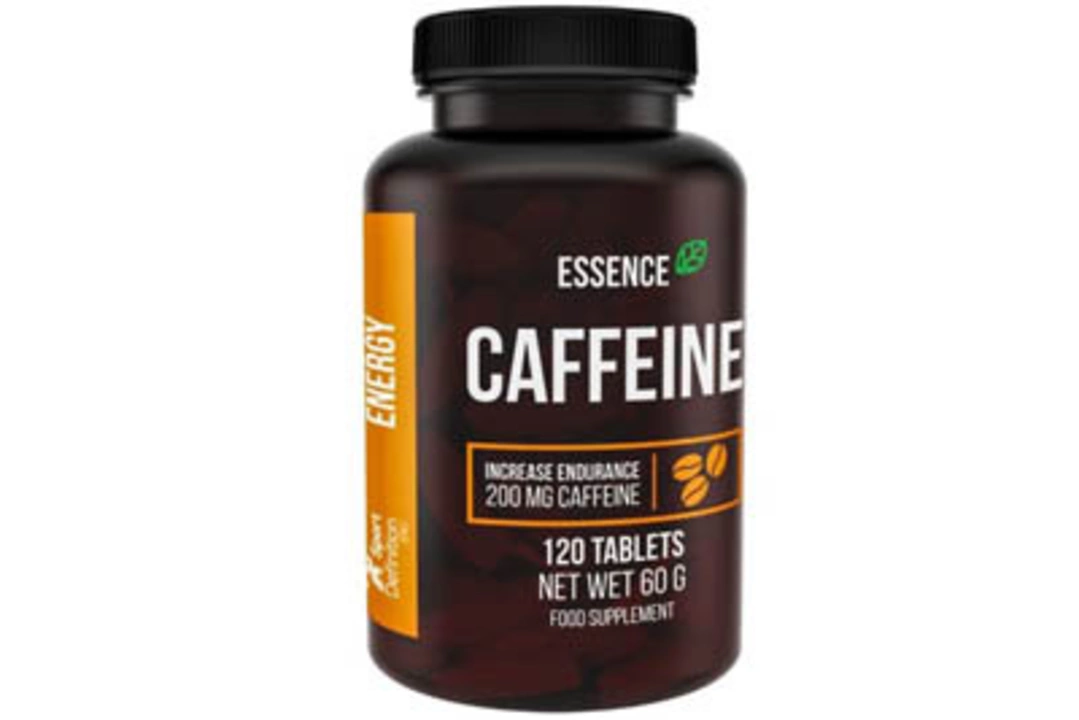If you’ve ever felt light‑headed after a sweaty workout or noticed muscle cramps during a long hike, you’ve probably wondered whether a sodium supplement could help. Sodium is one of the key electrolytes that keeps your nerves firing and fluids balanced. While most people get enough from food, certain lifestyles – intense exercise, low‑salt diets, or chronic illnesses – can deplete sodium faster than usual.
On this tag page we’ll break down the basics: what sodium supplements contain, who benefits most, how to dose them safely, and common pitfalls to avoid. No jargon, just straight answers you can apply today.
Think of sodium as the “traffic controller” for water in your body. It tells cells when to keep fluid inside and when to let it go. When you lose a lot of sweat – like during marathon training or a hot‑weather job – you also lose sodium. That can cause headaches, fatigue, or those dreaded cramp spikes.
People on very low‑sodium diets for hypertension sometimes swing too far and feel sluggish. In such cases, a modest supplement can restore balance without raising blood pressure dramatically. Athletes often use electrolyte tablets that include sodium to keep performance steady during long sessions.
Another niche group is patients with certain medical conditions, like Addison’s disease or chronic kidney issues, where the body struggles to retain sodium. Their doctors may prescribe a specific amount each day.
The first rule is to know your baseline intake. A typical adult consumes 1,500‑2,300 mg of sodium daily from food alone. Most over‑the‑counter tablets provide between 100 and 250 mg per tablet – a small boost compared to diet.
Start low. If you’re new to supplements, try one tablet after a workout or on a hot day and see how you feel. Pay attention to any swelling in your hands or feet; that could signal you’ve taken too much.
Read the label for other electrolytes like potassium or magnesium. Balanced formulas help prevent an imbalance where fixing sodium throws another mineral off‑track. Also, watch out for added sugars or artificial flavors if you’re counting calories.
If you have high blood pressure, talk to a healthcare professional before adding any sodium. They can suggest a tailored dose or recommend alternative electrolytes that won’t stress your heart.
Finally, stay hydrated. Sodium works best when there’s enough water in the system to move it where it needs to go. Drinking plain water alongside a supplement after intense sweating helps lock the mineral into cells instead of staying in the bloodstream where it could raise blood pressure.
In short, sodium supplements can be a handy tool for athletes, outdoor workers, and anyone whose lifestyle drains electrolytes fast. Use them modestly, keep an eye on your overall diet, and check with a doctor if you have health concerns. That way you get the performance boost without unwanted side effects.

As a fitness enthusiast, I recently delved into the world of sodium supplements and discovered some interesting facts. Sodium plays a crucial role in maintaining our body's fluid balance and is essential for optimal health and fitness. However, it's important to strike the right balance, as too much sodium can lead to high blood pressure and other health issues. For those with an active lifestyle, sodium supplements can be a helpful tool to replenish the sodium lost through sweat. But remember, always consult your doctor or a nutritionist before adding any supplements to your routine to make sure it's the right choice for you.
View more